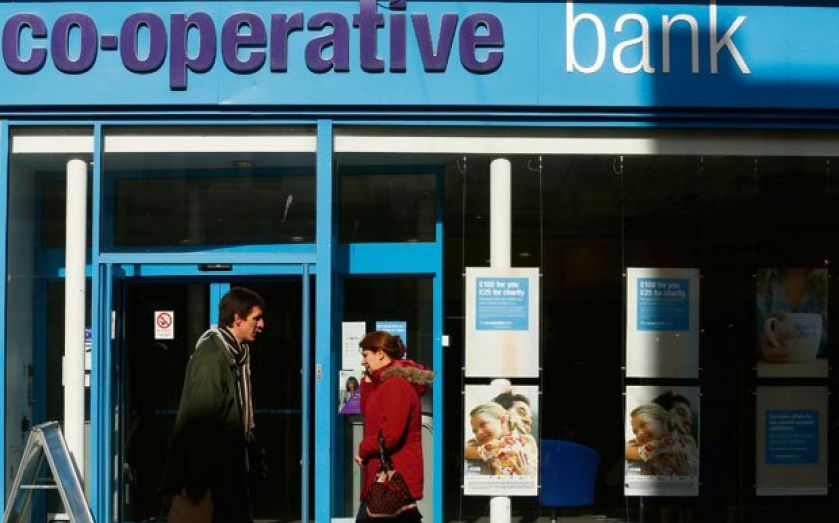The Co-op Bank puts pay-day lenders, irresponsible gamblers and tax avoiding firms on its naughty list as it updates its ethical policy

Irresponsible gambling firms, pay day lenders and companies “which do not responsibly pay tax in the UK” have been put on the Co-operative Bank's new naughty list of firms it will not finance.
As part of an extended ethical policy, the bank will also detail how it operates, covering everything from the products and services it offers to its relationship with external stakeholders and suppliers, as well as its workplace and office culture.
The troubled business has been clawing back its own ethical reputation after the fall out from the so-called Crystal Methodist Reverend Paul Flowers. Last year it launched a marketing campaign featuring an ethics tattoo to symbolise the permanence of its commitment to ethics.
It also reported a £1.3bn loss in 2013, £76m losses in 2014 and failed the Bank of England's stress test in December.
Today's update is based on findings from a survey of 74,000 customers and staff, which suggested 80 per cent of people wanted it to stop lending to “businesses which go against our ethical concerns”.
Other ethical issues include human rights, the environment and animal welfare, as well as transparency and honesty when it comes to responsible banking. The expanded Policy will also include a commitment to campaign for social and economic
change.
Chief executive Niall Booker said: “We know that we still have much more to do to get the Bank back on track and we know we have made our share of mistakes in the past, but the re-launch of this policy is an important step in rebuilding The Co-operative Bank as we listen to our customers and rebuild trust.”
The Co-operative Bank was the first bank to introduce an ethical policy in 1992 and as a result has turned away £1.4bn-worth of business. A brave move for a company not expected to make a profit until 2016.
Laura Carstensen, chair of the Co-operative Bank’s values and ethics committee, added: “Major global issues still sit at the heart of what our customers care about, but they also want us to address issues closer to home. During a period of sustained austerity, it’s no surprise that customers have given greater weight to supporting economic and social development in the UK. Customers want us to support communities and businesses that improve the fabric of society.
“We have already written co-operative values and ethics into our constitution to ensure that
this vital aspect of our heritage is maintained. The Values and Ethics Committee will
oversee, challenge and enforce the Ethical Policy and later this year we will be publishing a
report on the progress we are making.”